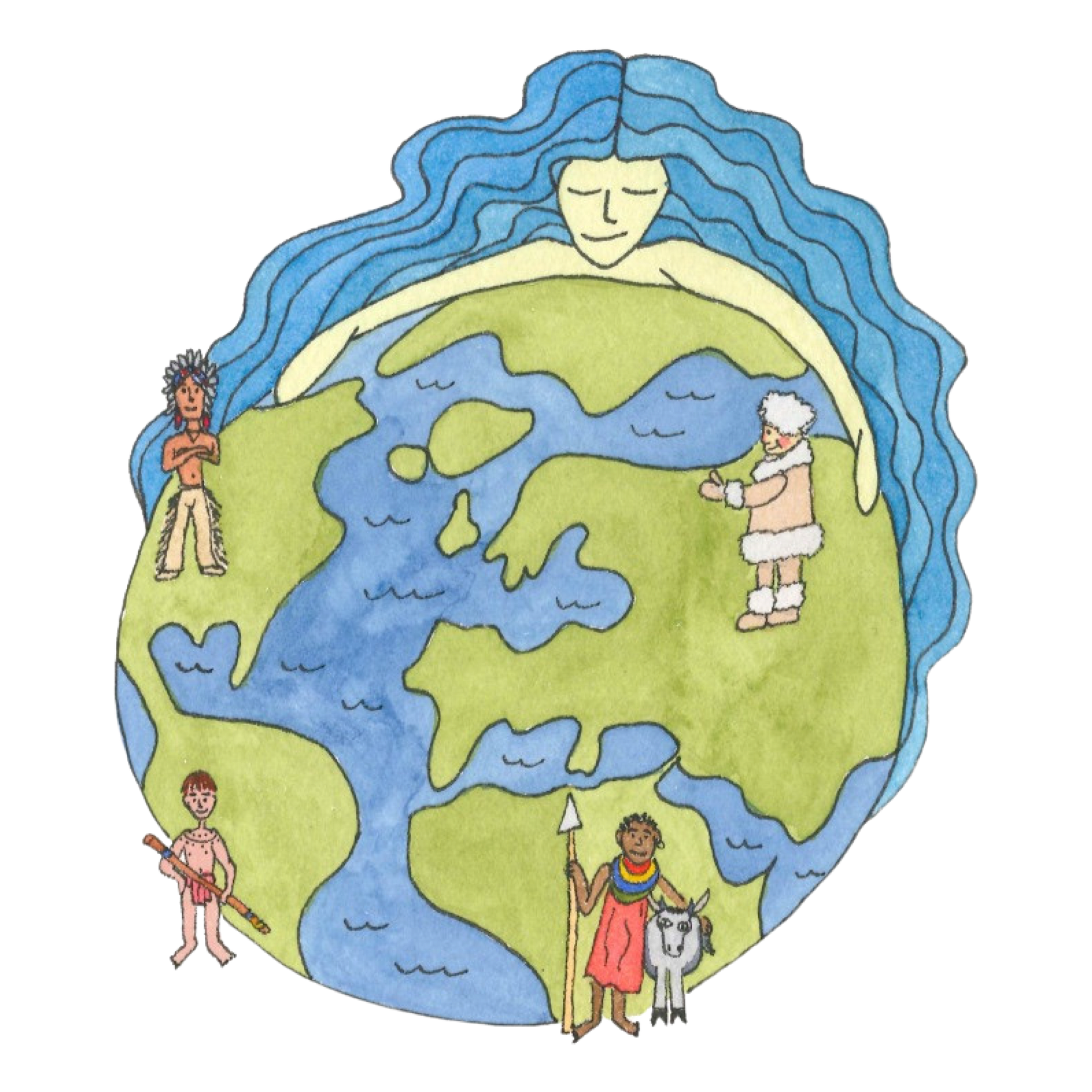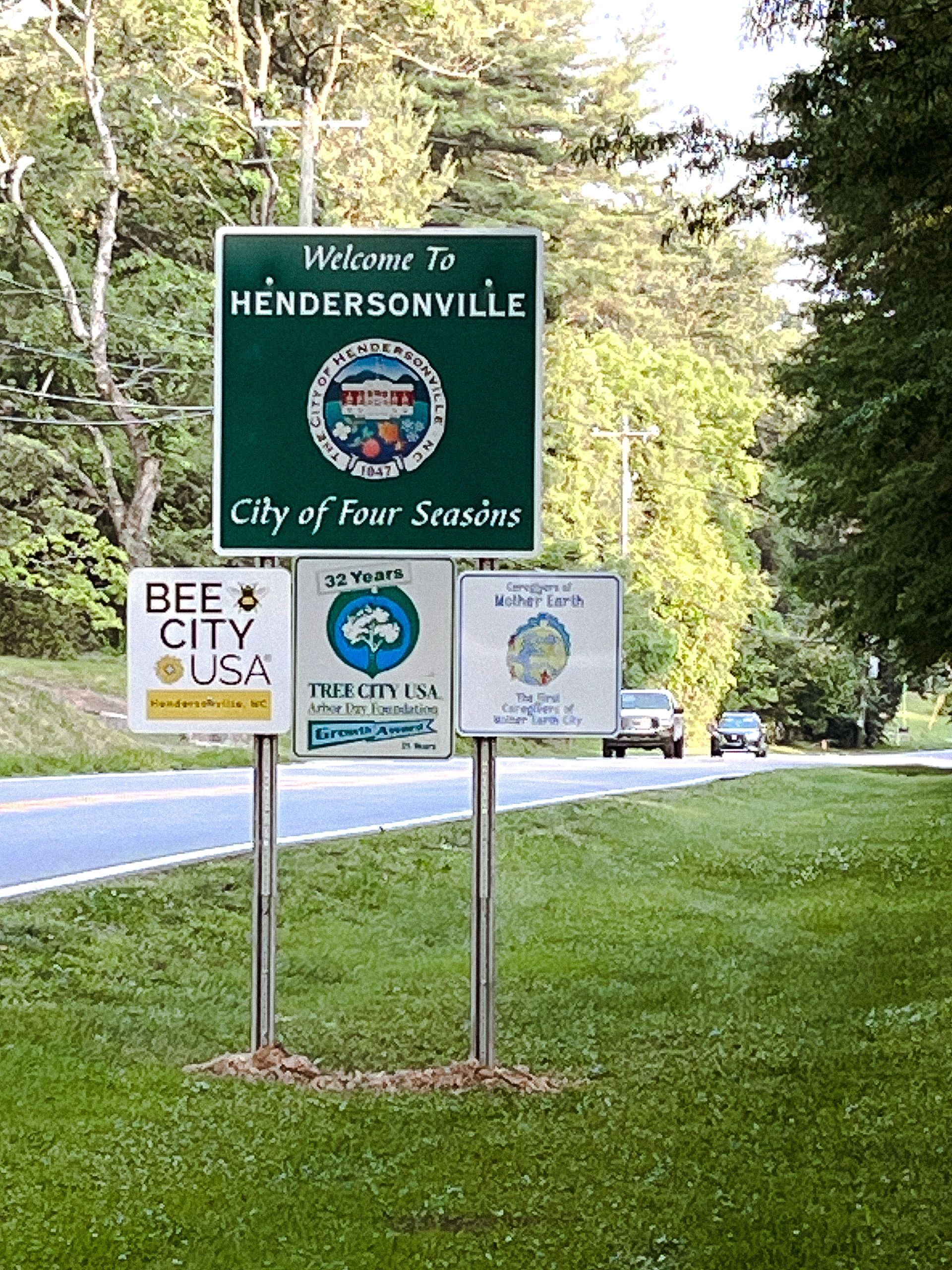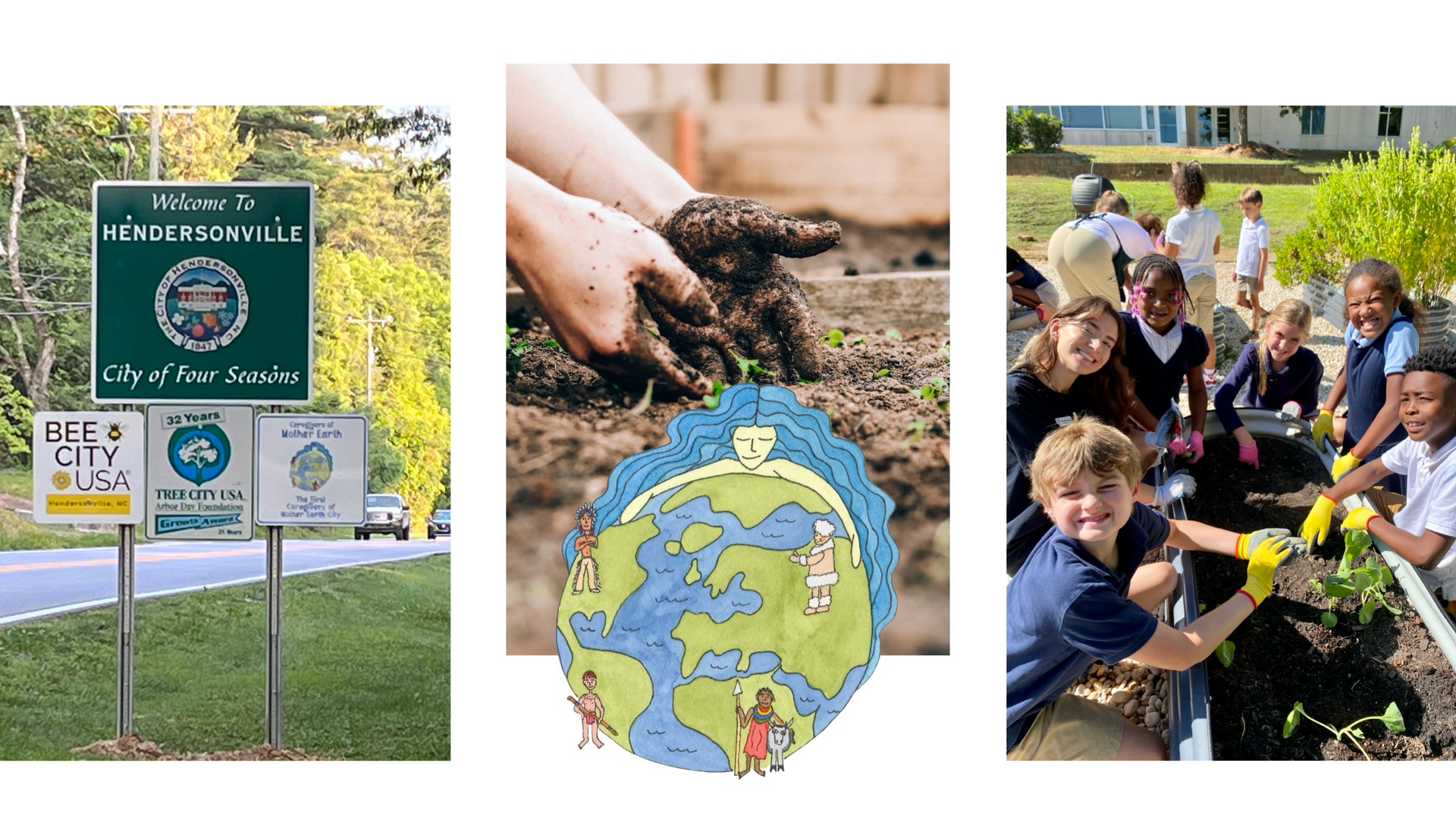
CELEBRATING EARTH DAY FOR OVER 50 YEARS
Earth Day has been celebrated on April 22 in the US since 1970. By the turn of the century, it had grown to include over 140 countries worldwide, all celebrating the movement. Caregivers of Mother Earth wants to raise awareness of environmental health issues and their impact on all species of life. Let’s join together as we learn and celebrate ways to
Make Earth Day Every Day.
FACT 1: GROWING YOUR DINNER
- Did you know that a garden has the power to change the world? They can even pave the path to victory!
- During the 1940s, families planted Victory Gardens in their front yards, window boxes, and even rooftops to help feed everyone at home.
- By 1944, Victory Gardens produced 40% of all vegetables grown in the United States.
- The best part? They have the power to change the world again! Try planting a Climate Victory Garden to help reduce carbon and make dinner much more fun!
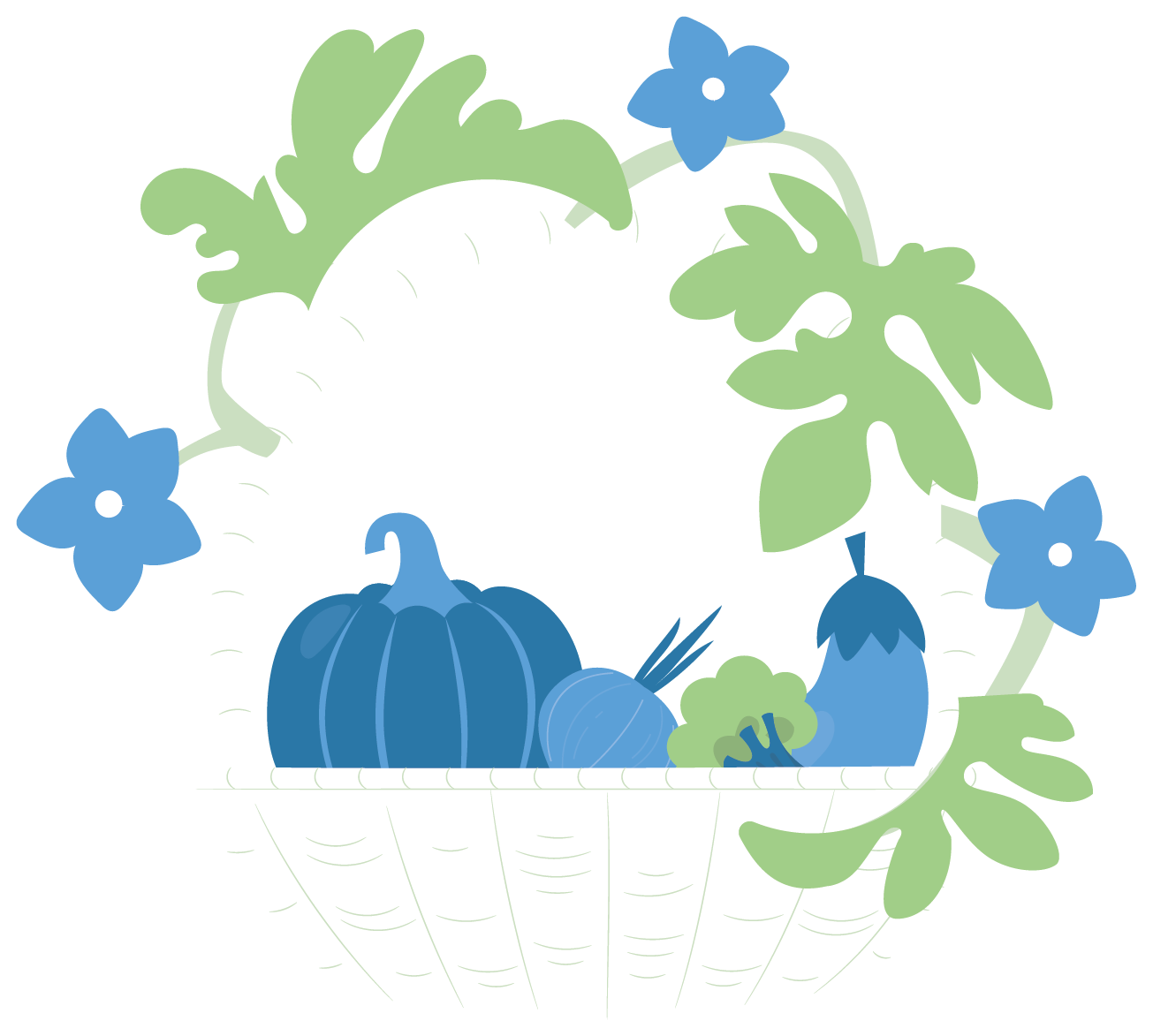

FACT 2: FOR CLEANER WATERS & A HEALTHIER EARTH
- The average person uses 13 plastic water bottles enough, that is 150 bottles a year, ending up in our waters and landfills.
- Most of your plastics are not recycled. In the United States, only about 23% is recycled with 32% ending up in the oceans.
- Other plastics and litter don’t even make it to the recycling bin, instead contributing to stormwater runoff pollution as litter is left on the ground and finds its way to the water.
- What can you do? Phase out single-use plastics: bring your reusable bags to the grocery store, invest in a water filter for home, use reusable water bottles, and grow ocean-friendly gardens that star native plants and organic soil.
FACT 3: PROBLEM WITH PLASTIC
- Do you know where your trash goes? About 11 million tons of plastic end up in the ocean every year.
- This means that plastic is polluting our waters, endangering ocean ecosystems, and affecting human health as it takes anywhere from 20 to 500 years to break down.
- Even then, plastic never fully disappears but becomes microplastic, which is the biggest concern.
- For human health, consuming microplastics can negatively impact child development, the nervous system, and even the lungs.

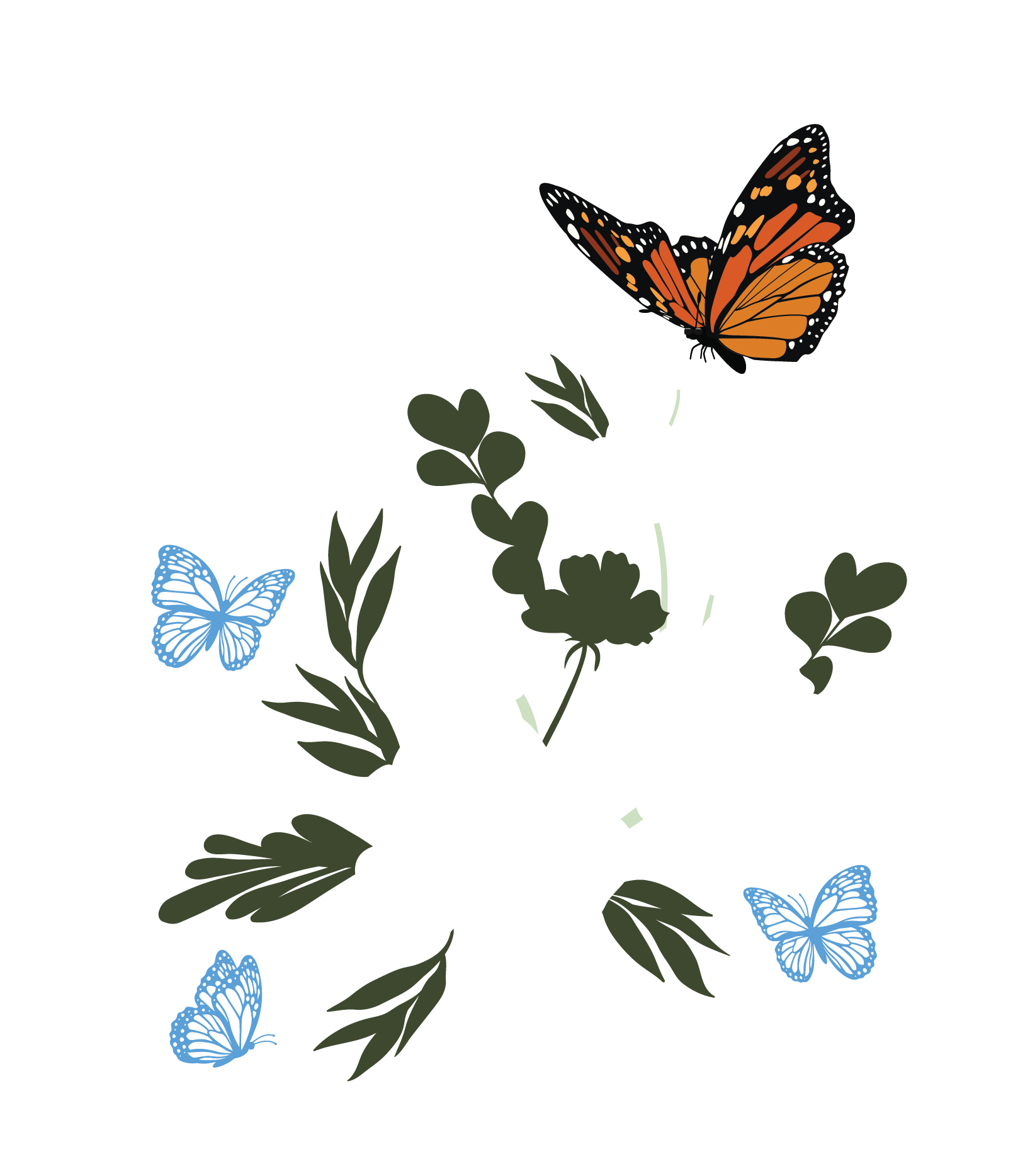
FACT 4: CHASING BUTTERFLIES
- Have you ever heard of the monarch butterfly?
- The monarch is a migratory butterfly native to North America, meaning that it moves as the seasons change: resting in Mexico during the winter and traveling to the United States and Canada in time for spring!
- Since the 1990s, the monarch population has decreased by approximately 90% because of habitat destruction
- But there are you can protect the monarch, like planting milkweed native to your home and learning much more about our flying friends
FACT 5: YOU HOLD THE KEY
- Earth fact: 14% of native plants support 90% of insect and bird species, making them a key to hold their respective ecosystems together
- In other words, these native plants are super important for the environment, and you hold the key to bringing back these populations by...
- Learning the names of plants native to your home from entomologist (bug scientist) Doug Tallamy’s great map found through the QR code.
- Planting keystone species in your garden, at your school, or in your community.
- Learning more about your local plants and animals.


FACT 6: FLOWERING YOUR KNOWLEDGE
- How often do you visit your local library?
- Visiting your local library is so important, they provide you with access to information, ways to meet new people, and a safe place to go.
- Access to information is so important, so you can learn more about the world and what is important to you. You could even find more ways to celebrate ‘Earth Day Every Day!’
- The library is an important community resource that supports personal and collective health and development.
Ready to sign up for a library card?
FACT 7: LISTENING TO TREES
- Did you know that one large tree provides a day’s worth of clean air for 4 people to breathe? --Arbor Day Foundation
- This means less pollution and more oxygen in the air, which is super important for the environment and people alike.
- Trees help the environment by fighting climate change, with an adult tree absorbing more than 48 pounds of carbon dioxide each year to provide homes for birds and mammals.
- Trees improve human health by providing oxygen we breathe and cleaning polluted air, letting us breathe in fresh air.

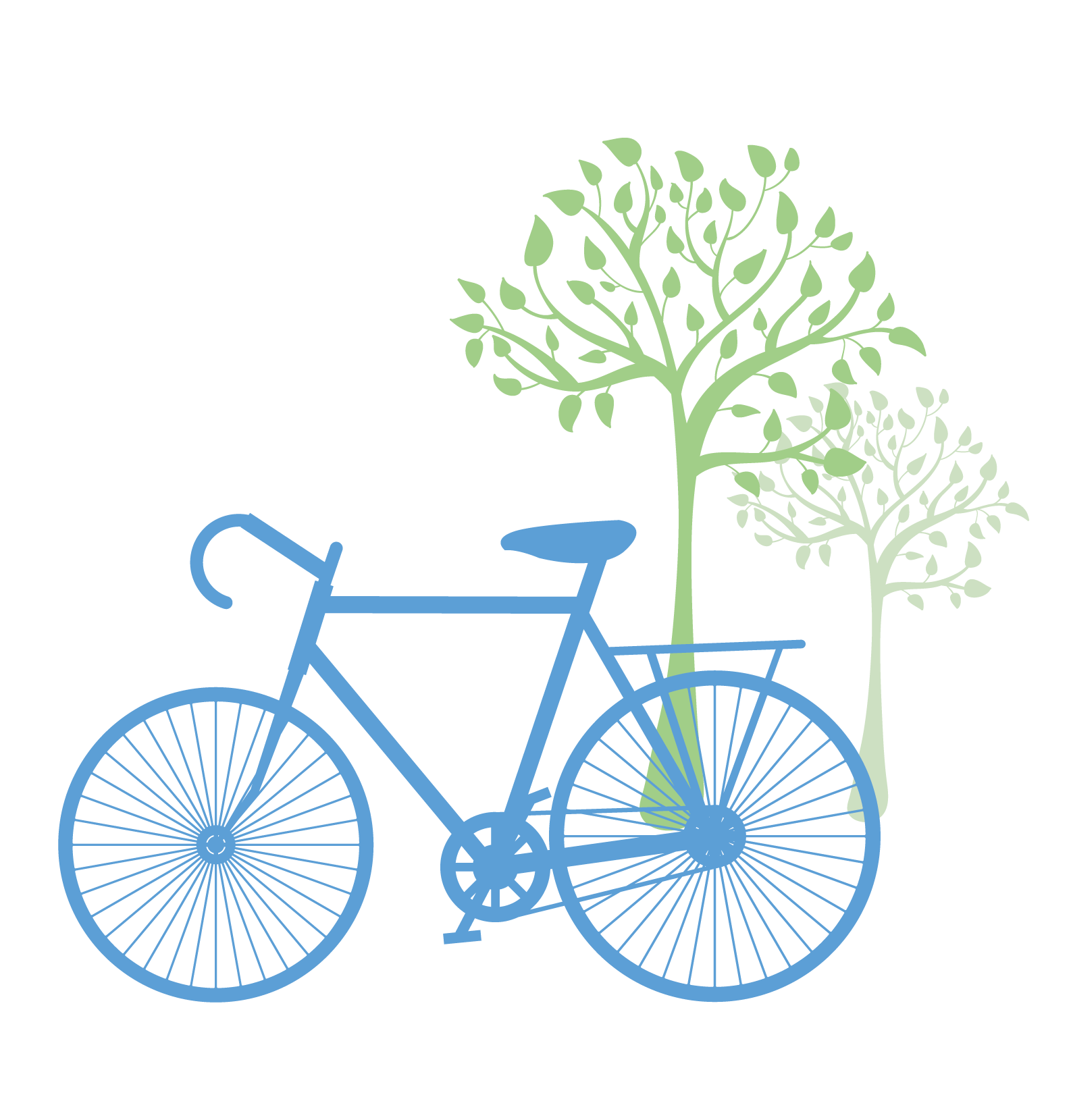
FACT 8: GREENER RIDES & HAPPIER FEET
- Choosing to bike or walk over a car just once a day reduces the average person’s carbon emissions from transportation by 67%, helping the Earth and your body!
- Biking or walking instead of driving can help save the world as they...
- Reduce emissions, resulting in cleaner air.
- Combat noise pollution and less roadkill.
- Keep land free for nature - 20 bikes can fit in the space of one car, requiring less land for parking lots.
- Help support local businesses because you’re more likely to bike or walk closer to home.
- Save lives and cut down on traffic.
FACT 9: RIDING TO THE FUTURE
- Earth fact: For every 20 electric vehicles per 1,000 people in a zip code, asthma-related emergency room visits dropped 3.2% -Keck School of Medicine of USC
- About 4.5 million children nationwide suffer from asthma, a condition that affects children of color and from lower income households more than any other population. The leading cause? Traffic pollution.
- Electric vehicles have been proven to improve air quality, reducing the amount of nitrogen dioxide, a traffic pollutant linked to asthma and other respiratory diseases.
- The switch to electric vehicles and other sustainable forms of transportation not only means cleaner air but also healthier bodies.
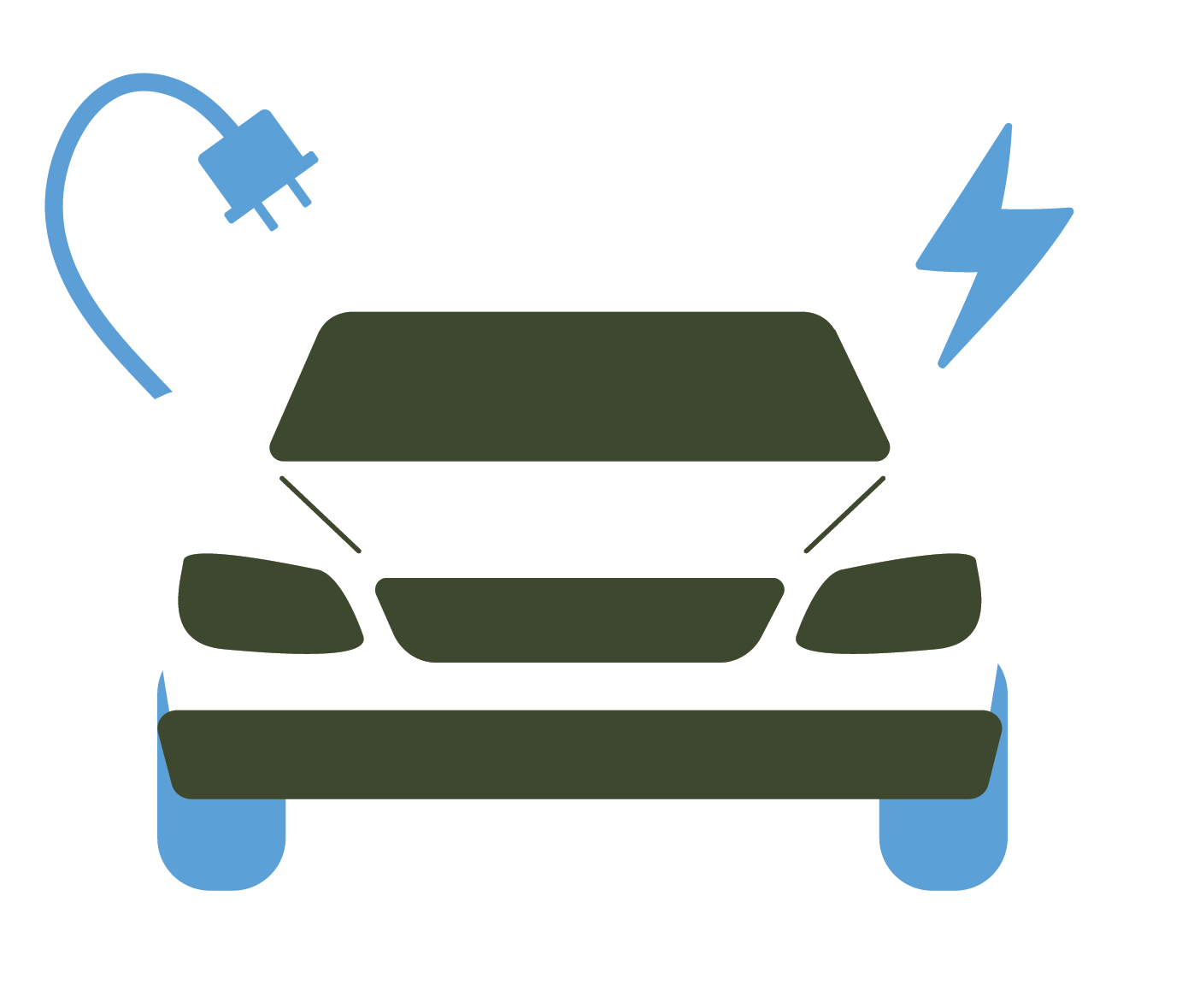
FACT 10: INVITING MAGIC
- Have you seen any fairies flying by?
- Not to be confused with a butterfly or bee, a garden fairy is a small flying friend looking for a home.
- If you are willing, you can invite them to be your friends by planting them a garden growing native plants then building them a shelter with whatever you find at home!
- Remember that fairies are small so you can grow your garden anywhere! Just get started and invite in the magic!
HERE’S HOW YOU CAN CELEBRATE EARTH DAY THIS YEAR
Whether it's digging deeper into our soil health or our human health, we discover the interconnection of all life. Without healthy habitats for our insects and birds over time we begin to see loss of species and imbalance in our natural world. The water we drink, the air we breathe, and the food we grow and eat, are necessary to nourish our bodies. We must all recognize our role and do our part to ensure the health of our collective web of life. Here is a recap of the steps each of us can take:
- Grow your own food
- Re-imagine recycling
- Learn more about microplastics
- Help save the monarchs by planting native milkweed
- Become familiar with the term keystone native plants and incorporate them into your landscape
- Discover new ways to celebrate Earth Day Every Day at your local library
- Lower your carbon footprint by planting keystone native trees
- Reduce carbon emissions in the air by choosing to walk, ride a bike, or switch to an electric vehicle
- Stay young by inviting magic into your garden with the plant fairies
- By celebrating “Every Day as Earth Day,” we remember the importance of the small changes that can collectively make a big difference for the planet. Start today and do your part!
Thank you for doing your part to support COME in 2024 and beyond. We have many volunteer opportunities to get involved. Please consider participating in upcoming events to support COME's mission of environmental stewardship and community engagement.
Sources:
- https://classroomvictorygarden.org/classroom-facts.html
- https://education.nationalgeographic.org/resource/role-keystone-species-ecosystem/
- https://greenamerica.org/climate-victory-gardens#:~:text=Planting%20a%20garden%20has%20the,action%20on%20the%20climate%20crisis.
- https://keck.usc.edu/news/study-links-adoption-of-electric-vehicles-with-less-air-pollution-and-improved-health/
- https://sandiego.surfrider.org/
- https://treepoetry.us/benefits-of-making-a-fairy-garden-with-kids-using-a-fairy-door/
- https://www.arborday.org/trees/treefacts/#:~:text=Trees%20help%20reduce%20the%20effects%20of%20climate%20change.&text=During%20one%20year%2C%20a%20mature,and%20release%20oxygen%20in%20exchange.&text=Nearly%2020%20pounds%20of%20carbon,gallon%20of%20non%2Dethanol%20gasoline.
- https://www.bgky.org/tree/benefits#:~:text=Trees%20improve%20our%20air%20quality,that%20we%20need%20to%20breathe.
- https://www.moveev.com/
- https://www.ncbi.nlm.nih.gov/pmc/articles/PMC6329675/#:~:text=Public%20libraries%20enhance%20children's%20reading,bond%20with%20their%20young%20children.
- https://www.ncbi.nlm.nih.gov/pmc/articles/PMC9611505/
- https://www.nwf.org/Educational-Resources/Wildlife-Guide/Invertebrates/Monarch-Butterfly
- https://www.nwf.org/Garden-for-Wildlife/About/Native-Plants/keystone-plants-by-ecoregion#:~:text=The%20research%20of%20entomologist%2C%20Dr,butterfly%20and%20moth%20lepidoptera%20species.
- https://www.un.org/en/exhibits/exhibit/in-images-plastic-forever#:~:text=Plastic%20waste%20can%20take%20anywhere,in%20the%20last%2013%20years.
- https://www3.epa.gov/region9/water/npdes/stormwater-feature.html
LEARN HOW YOU CAN GET INVOLVED
Join our Community
Stay up to date with Caregivers of Mother Earth. Sign up for our newsletter to learn about upcoming events.
